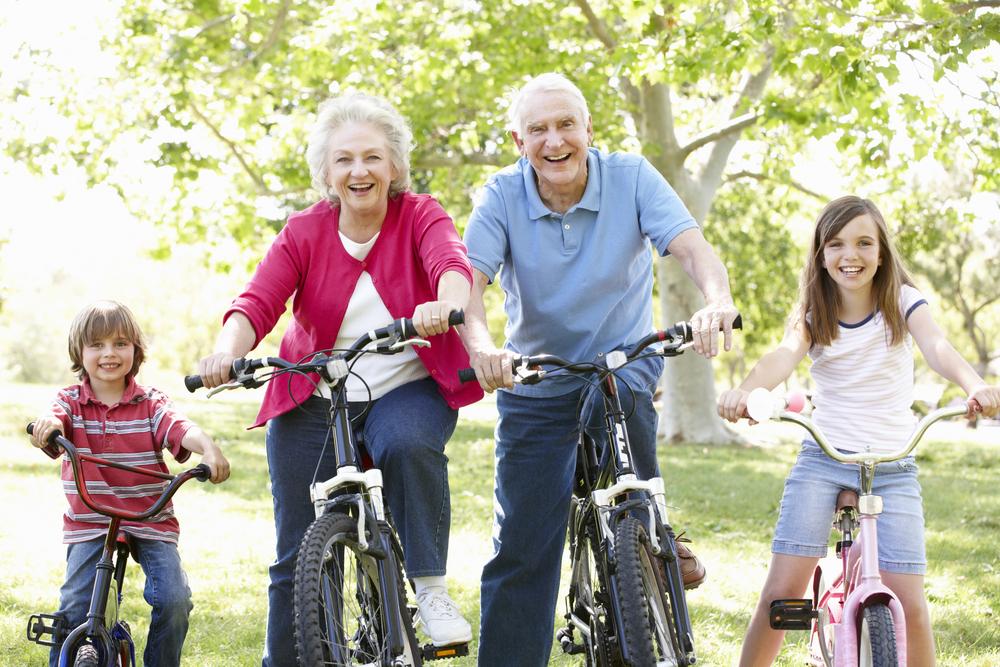Just a bit of exercise can help keep your brain in shape as you age, according to the latest study that shows how physical activity can benefit older minds.
“This finding isn’t saying, ‘If you’re older, you need to go out there and start running marathons,’” said lead author Marissa Gogniat, a recent doctoral graduate in psychology from the University of Georgia.





